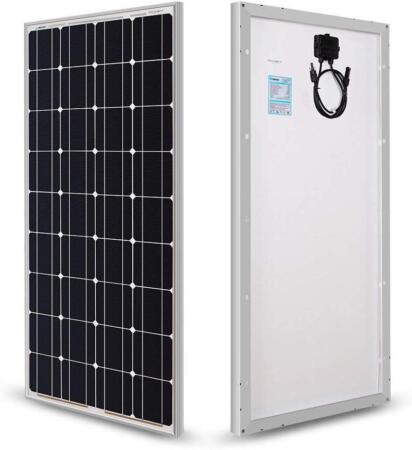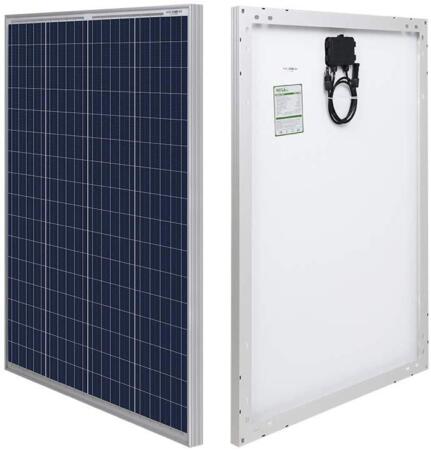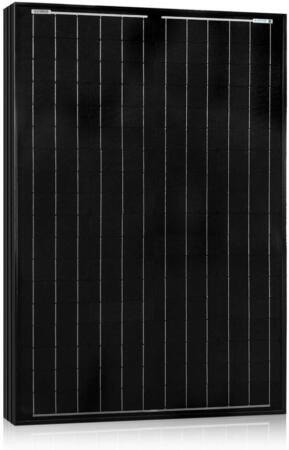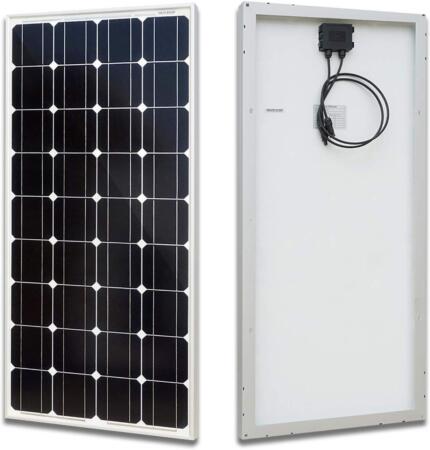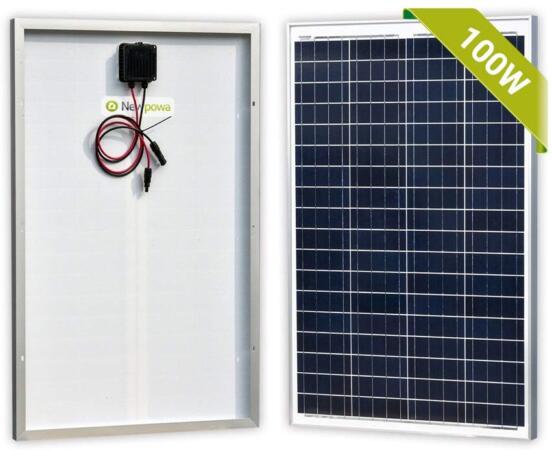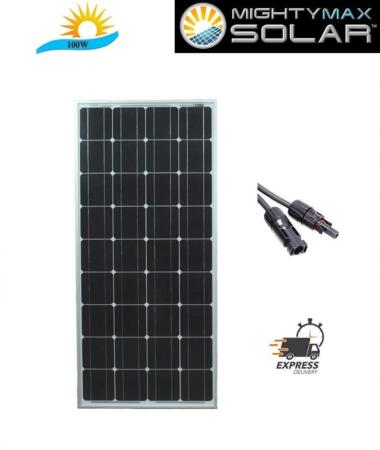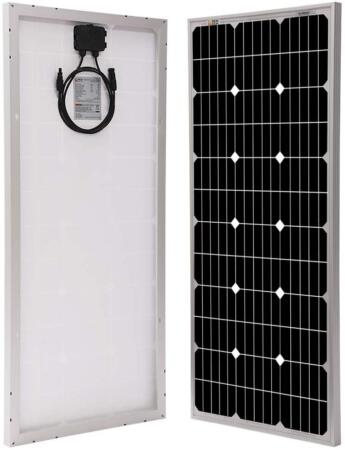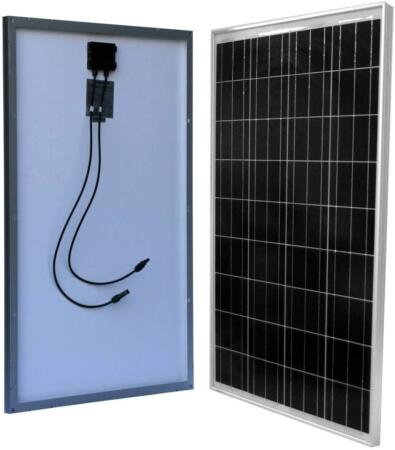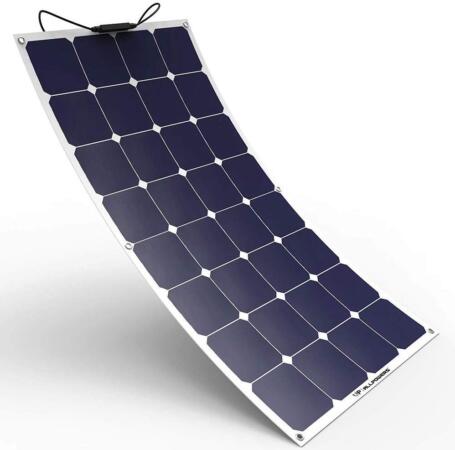Solar energy is the best resource available for the average customer to have access to a reliable and yet sustainable source of energy, whether you choose to go off-grid or to stay connected to the grid.
Choosing among available brands, technologies and products may not be an easy task for the average homeowner since there are many available out there.
In this article, we will address this topic to show you 10 of the best available 100 Watt solar panels in the market. These products are ideal for the boondocker experience and for the families that have an RV or trailer and want to go camping over a week or a month if needed.
Here you will learn:
- The different types of 100 Watt solar panels
- The 10 best products in the market
- How do solar systems work?
- How to install your own 100 Watt solar panel?
- What factors should you consider when choosing the module?
- And much more!
With all this knowledge you will be able to take out your RV and get it ready for a new long trip experience with new 100 Watt solar panels and a new portable power source!
Let’s get started with it!
Types of 100 Watt Solar Panels
Solar panels can be divided according to the technology and the mounting type.
Mounting Type
Fixed Solar Panels
The traditional solar panels are designed with an EVA film and a TPT back sheet cover that is fixed into a corrosion-resistant aluminum frame.
These modules are the most common in the market and they are used for commercial, utility, and residential scale as well. Fixed mounted 100 W solar panels are generally used for RVs, boats or trailers with a flat rooftop.
Flexible Solar Panels
The flexible solar panels are the most valuable for the portable market. These modules can bend to 30° making them the best solution for curved surfaces in carports, trailers or in yachts.
Moreover, flexible modules are lightweight and they are also ultra-thin. These features are extremely positive for the camper that wishes to hide its solar panels from thieves and that are looking for an easy installation. Flexible solar panels are only available for 100W or 50W options.
Technology
Monocrystalline
Monocrystalline solar panels are the high efficient products of the market (18-25%). They can be easily recognized due to their homogenous dark black look and rounded edges.
This technology is made through the Czochralski method where a single crystal seed is placed in molted silicon to be drawn until a solid crystal structure is created, known as a cylindrical ingot. Later, the crystal is sliced into silicon wafers which are then integrated into a solar cell.
This manufacturing method allows monocrystalline solar panels to have long lifespans between 25-35 years, which are also reflected in costs.
Polycrystalline
This technology offers a lower-cost but good quality option to the market. They were introduced in the market before than monocrystalline technology and the efficiency values are located between 17-20%.
The manufacturing process is different between the monocrystalline modules and the polycrystalline ones since the latter is made from multiple crystals in square ingots which provides a heterogeneous blue look and is less expensive as well. The lifespan of these modules is located between 25 -28 years.






